By Tom Warner, Best & Next Department
No more pencils no more books
No more teacher’s dirty looks
Out for summer, out till fall
We might not come back at all
– “School’s Out,” Alice Cooper
Despite Alice Cooper’s wishful thinking, school is not out forever. In fact, as the traditional beginning of the new school year approaches this fall, school is in full session on Kanopy – Enoch Pratt’s free online video streaming resource that you can access using your library card – even if school buildings themselves remain closed due to the coronavirus. With that in mind, be sure to join Pratt librarians Tom Warner and Gillian Waldo online at noon on September 11 for their Film Fridays: “Back To School” talk about two Kanopy films that explore the world of the school room – one a tender documentary and the other a depiction of youth in revolt:
To Be and To Have (2002)
In French with English subtitles
The film won the 2003 César Award for Best Editing and the 2002 Prix Louis Delluc. Click here to watch the trailer.
The one-room “single class” schoolhouse, where one teacher instructs several grades at once, is generally regarded as a quaint thing of the past and a symbol of obsolete and ineffective teaching methods. However, To Be and To Have offers an in-depth look at a small school in rural France where one remarkable man, the soon-to-retire Georges Lopez, has been doing the job of a small teaching staff for 20 years, and has taught several generations of bright and capable children along the way. This touching, award-winning documentary depicts how one teacher can make the all the difference in the world to his students, helping them move onto the next grade or the next school and to grow up to be kind, thoughtful people. According to Philadelphia Inquirer critic Steven Rea, “To Be and to Have is a movie every teacher should see, and every parent, too.”
Taking its title from Rudyard Kipling’s famous poem of Victorian-era stoicism and starring a young Malcolm McDowell as “Mick the Rebel,” director Lindsey Anderson’s If... is a social satire that tells the story of an upper-crust British boarding school where the relationship between the students and the authorities becomes increasingly contentious, leading to a standoff. If… was made three years before McDowell’s international breakout role as nihilistic droog Alex in Stanley Kubrick’s A Clockwork Orange and the two parts share some similarities: a rebellious refusal to play by society’s rules or to blindly obey authority figures. And both resort to violent fantasies, with McDowell’s Mick Travis proclaiming, “One man can change the world with a bullet in the right place.” If madness is the only sane response to an insane world, as psychiatrist R.D. Laing once famously observed, then Mick and his mates’ rebellion against the class-conscious oppression of the British public school system is a textbook case of normality. Anderson would reunite with McDowell in 1973’s O Lucky Man!
And, since tomorrow is the ninth anniversary of 9/11, Tom and Gillian will also discuss a short film available on Kanopy that explores the impact of 9/11 as seen through the eyes of a nine-year-old girl whose Tribeca childhood is shattered by the tragic events of September 11, 2001.
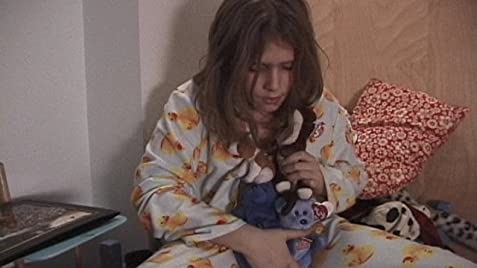
I Live At Ground Zero (2002)
Out of her classroom window, Isabella had seen bodies falling from the north tower, an unforgettable sight that instantly propelled her into a maturity beyond her years.
More Back-to-School Docs That Rock
As the nation prepares to go back to school (virtually or otherwise), it’s a good time to start thinking about our educational system and all the challenges facing students, teachers, parents and learning institutions themselves as we move forward. Before the actual school doors open, we can reflect on the way we learn by watching any of the 150 different Education documentaries that you can stream on Kanopy for free using your library card. Kanopy provides subcategories for various special interests, such as public schools, teachers, arts education, anti-bias education, and Special Ed.
A few films have even looked at Baltimore schools, such as Richard Chisolm’s Cafeteria Man (2011), Amanda Lipitz’s Step (2017) and HBO’s Hard Times At Douglass High (2008); though the latter two films aren’t on Kanopy, you can still watch them on DVD using Pratt’s Sidewalk Service or Books By Mail resources.

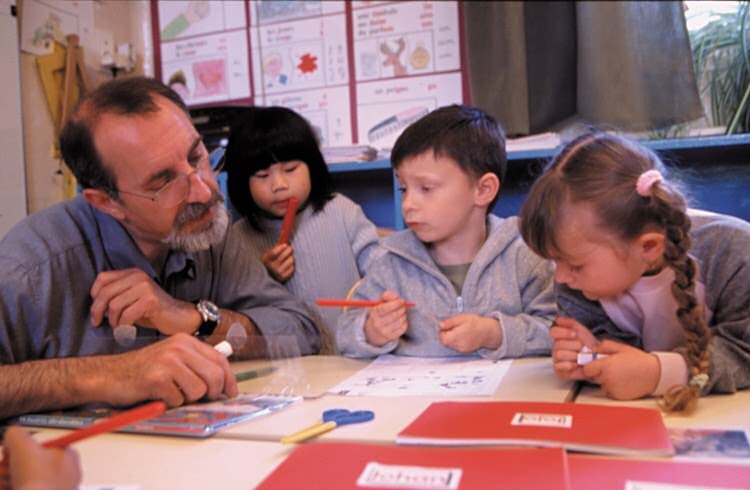
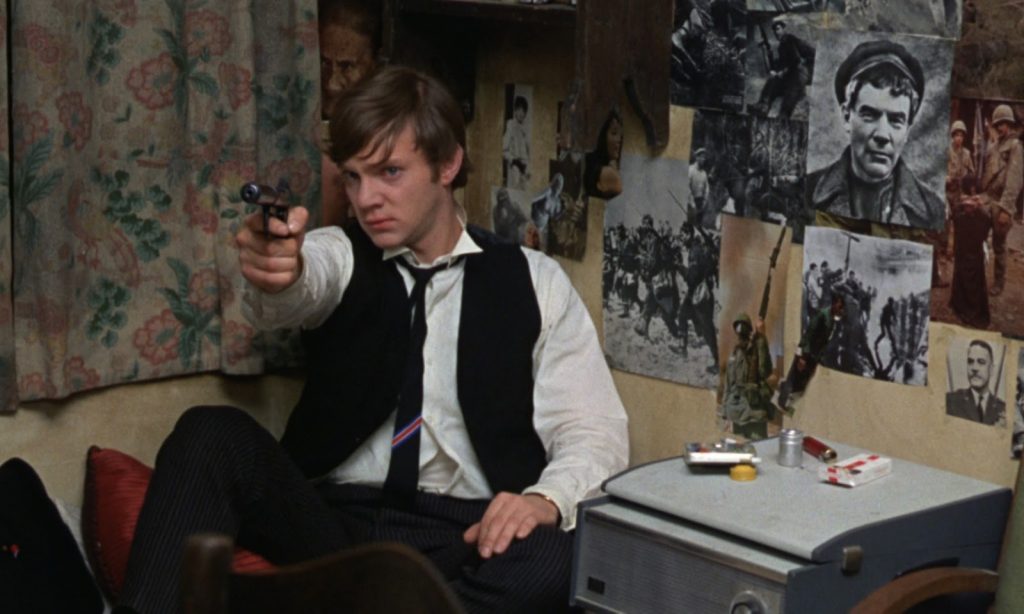

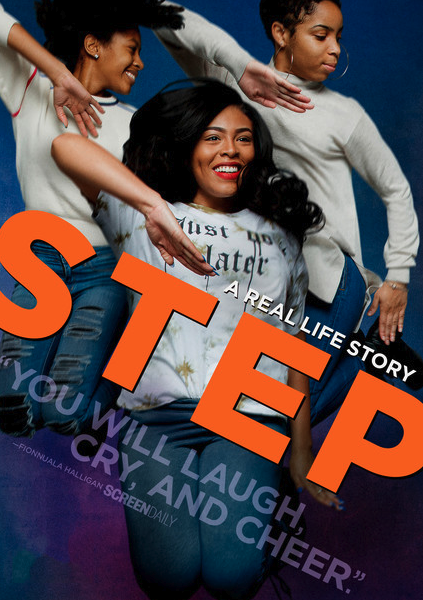
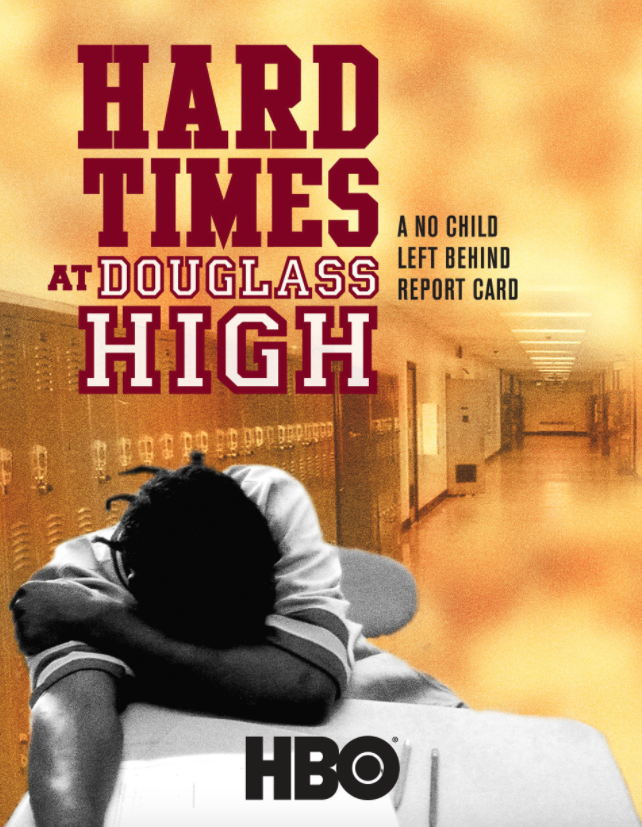
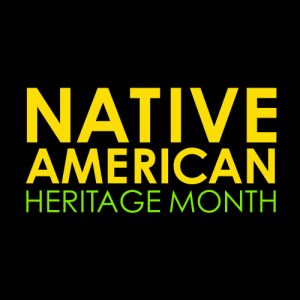 Native American Heritage Month is a time to continue to celebrate rich and diverse cultures, traditions, and histories and to acknowledge the important contributions of Native people. The
Native American Heritage Month is a time to continue to celebrate rich and diverse cultures, traditions, and histories and to acknowledge the important contributions of Native people. The 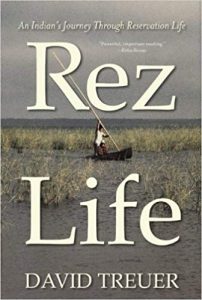 Part autobiography, part well-researched reporting, David Treuer’s Rez Life traces the history of how Native Americans were forced to live on and be so heavily associated with reservations, as well as the current living conditions found on said reservations. Treuer draws on his personal experiences as an Ojibwe resident of the Leech Lake Reservation in Minnesota to illustrate how government policies profoundly shape the Native experience of American life.
Part autobiography, part well-researched reporting, David Treuer’s Rez Life traces the history of how Native Americans were forced to live on and be so heavily associated with reservations, as well as the current living conditions found on said reservations. Treuer draws on his personal experiences as an Ojibwe resident of the Leech Lake Reservation in Minnesota to illustrate how government policies profoundly shape the Native experience of American life.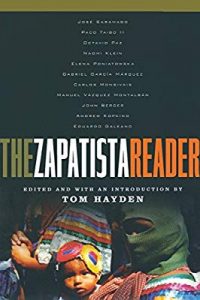 The Zapatista Reader
The Zapatista Reader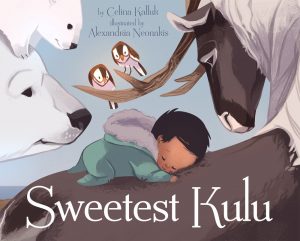 Sweetest Kulu by Celina Kalluk, illustrated by Alexandria Neonakis
Sweetest Kulu by Celina Kalluk, illustrated by Alexandria Neonakis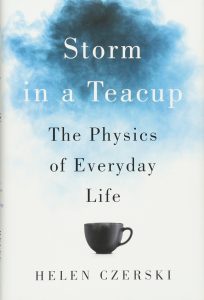 Michael H.
Michael H.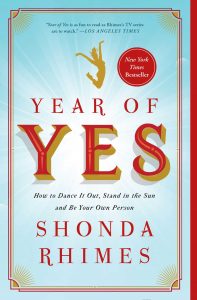 Brynez R
Brynez R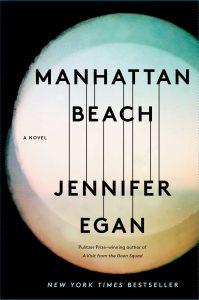 Meri R.
Meri R.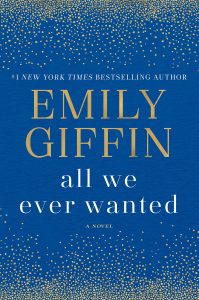 Kelly H.
Kelly H.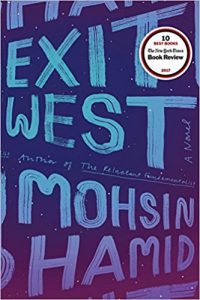 Himani S.
Himani S.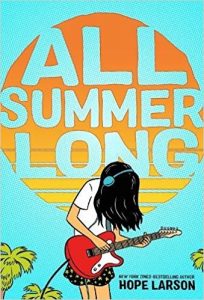 Shawna P.
Shawna P.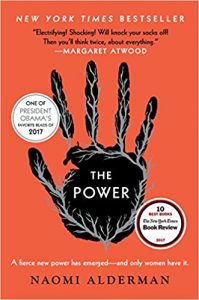 Mike K.
Mike K.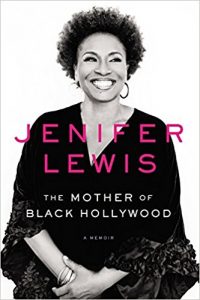 Theresa C.
Theresa C. Then, after learning to operate Wide Angle Youth Media’s sophisticated cameras, the teens went outside to take their own photographs. They walked around the neighborhood for over an hour, snapping pictures and applying what they’d learned, before returning to the library.
Then, after learning to operate Wide Angle Youth Media’s sophisticated cameras, the teens went outside to take their own photographs. They walked around the neighborhood for over an hour, snapping pictures and applying what they’d learned, before returning to the library. There, over pizza, the entire group critiqued and complimented everybody’s photographs. Many of the pictures were beautiful, and it was easy to see that their quality improved over the course of the hour that the teens spent practicing their technique.
There, over pizza, the entire group critiqued and complimented everybody’s photographs. Many of the pictures were beautiful, and it was easy to see that their quality improved over the course of the hour that the teens spent practicing their technique.